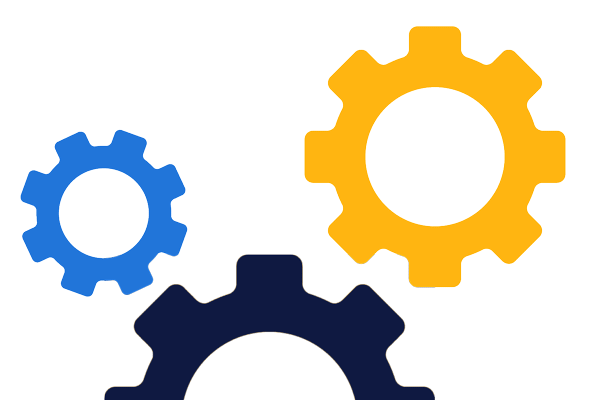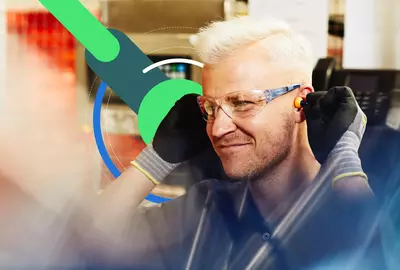How do I do an engineering interview?
Engineering is a wide-ranging career and individuals attending interviews for engineering roles must expect to be asked to clearly define their specific areas of expertise. In a competitive job market, it’s necessary to stand out from the crowd in order to secure the most desirable engineering jobs.
Interview questions should be seen as the chance to illustrate one’s strengths as an engineer and it is important to have thought about past projects and analysed what went well. It is vital to be able to back up statements with fact, so candidates should ensure they have hard evidence to support their claims.
Admit your failings.
Interviewees are often asked about failed projects, mistakes they have made in the past, and their weaknesses. In these instances, it pays not to be too negative about the problems that have occurred but to shine a positive light on them by explaining what was learned from the experiences; everybody makes mistakes, even interviewers themselves. When candidates can show how they overcame adversity to bring about success, this reflects on them much more positively.
Research thoroughly.
Carrying out thorough research on a company one is hoping to work for is also an important part of interview preparation. Be prepared for such related questions to arise (they are almost certain), ensuring that positive answers tailored to the company have already been formulated. Questions often arise about how one would proceed with an on-going engineering project within the company; thorough knowledge of the company will then pay dividends.
Candidates may even be asked to draft technical proposals, plan example projects or show how they would construct something. Try and be prepared for anything at interview and expect the unexpected.
Don't just answer questions, ask them.
Answering questions is one thing but it’s important to show interest in the job and company by asking intelligent questions at interview. It helps to prepare some beforehand but topics such as salaries should be avoided. It is okay to talk generally here but too many questions can make a candidate seem more interested in the money than the position.
Typical questions.
- How do you approach explaining complex technical issues to clients?
Answer: I consider the client’s background and adapt my language to suit it. I look for useful analogies. I am careful not to make the client feel patronised.
- How do you manage client expectations?
Answer: I provide a simplified cost/benefit analysis for each element of the project and I am honest about the limits of what can be achieved. I then work with the client to find mutually satisfactory alternatives where necessary.
- Describe a situation where you had to come up with an innovative solution to a technical problem.
This question gives candidates the chance to showcase their inventiveness. The solution doesn’t have to be unique; it just has to demonstrate lateral thinking.
- Have you ever been unable to solve a technical problem you were faced with?
This question is designed to find out if candidates know where to seek help and how to work within a team. Those who have never been stuck should talk about occasions when they sought advice.




